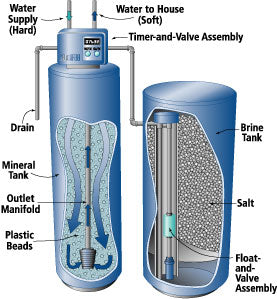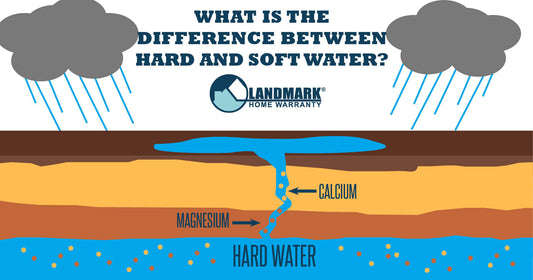Blog

Hard Water Treatment Methods
Most of us place a lot of faith in the quality and healthiness of our home’s water, but rarely do we think about water quality in terms of our home’s...
Hard Water Treatment Methods
Most of us place a lot of faith in the quality and healthiness of our...

What Is Hard Water And What Does It Effect
If you’ve been told your home has hard water but you’re not exactly sure what that means, you’re not alone. Water is described as being hard when it has a...
What Is Hard Water And What Does It Effect
If you’ve been told your home has hard water but you’re not exactly sure what...
